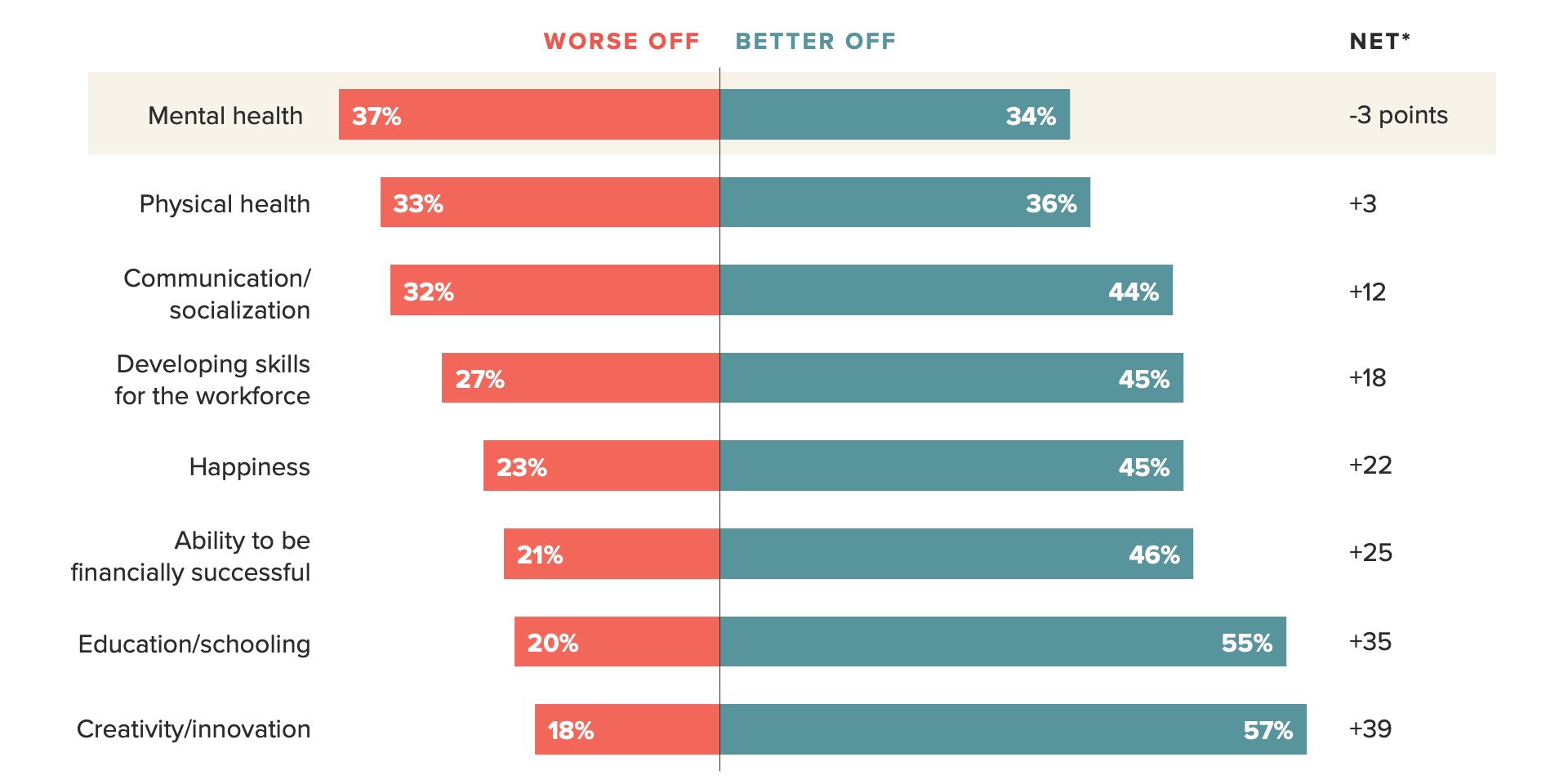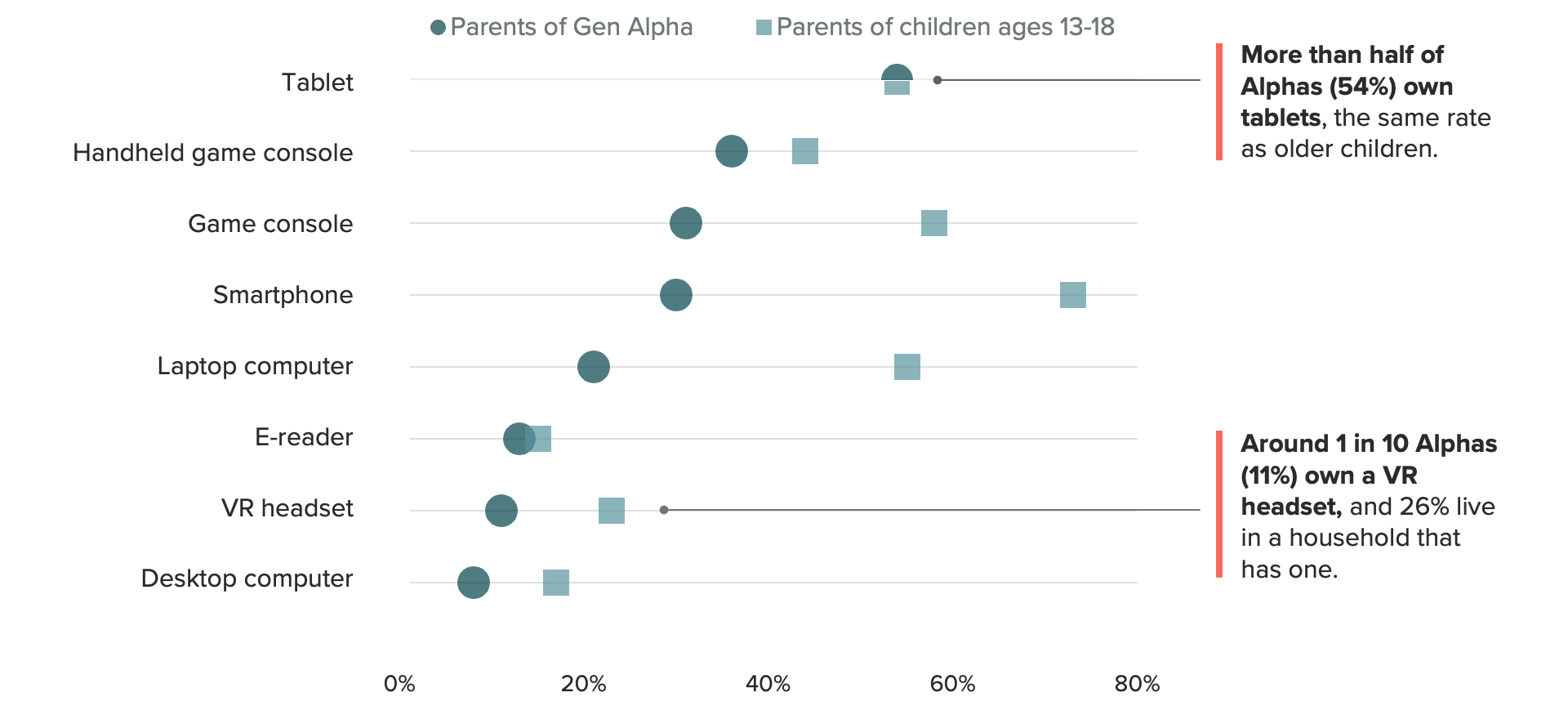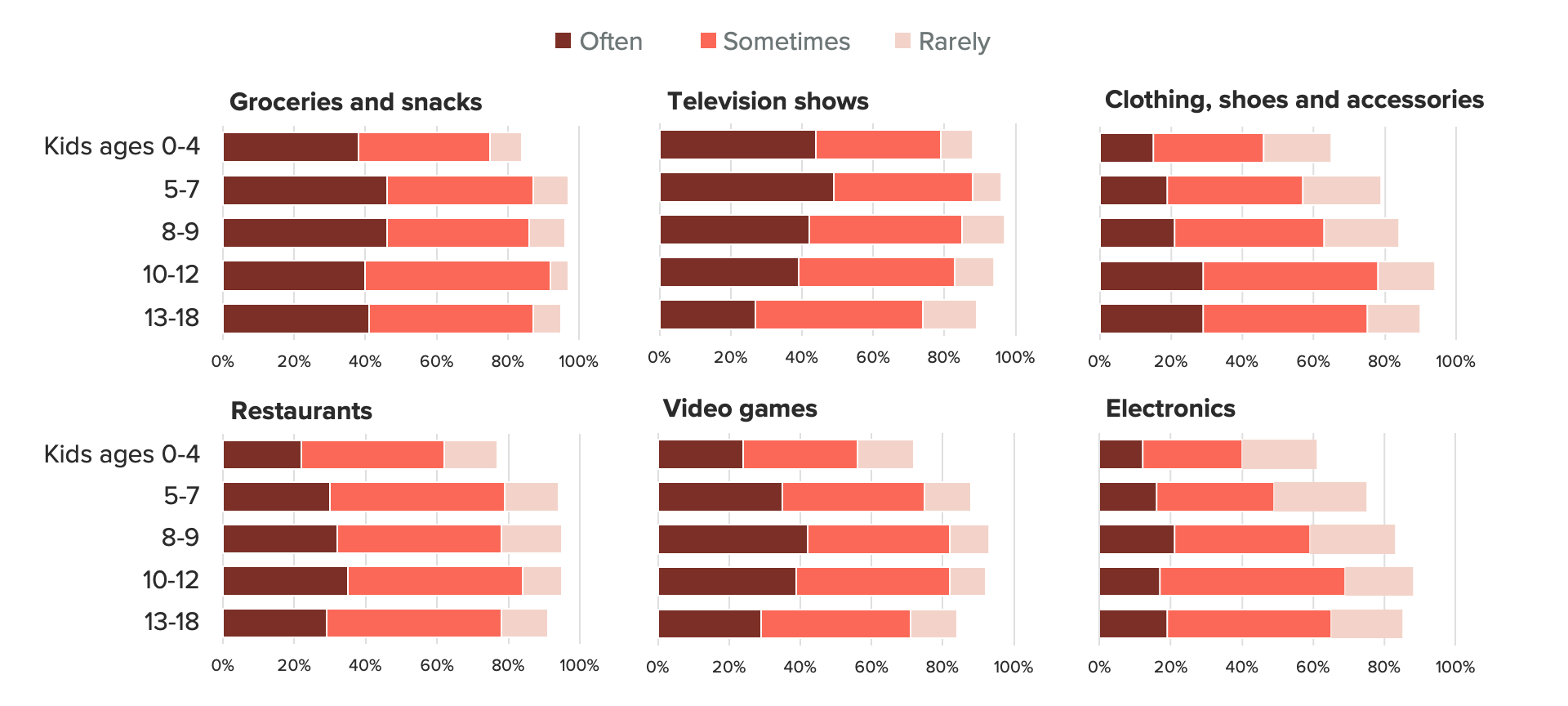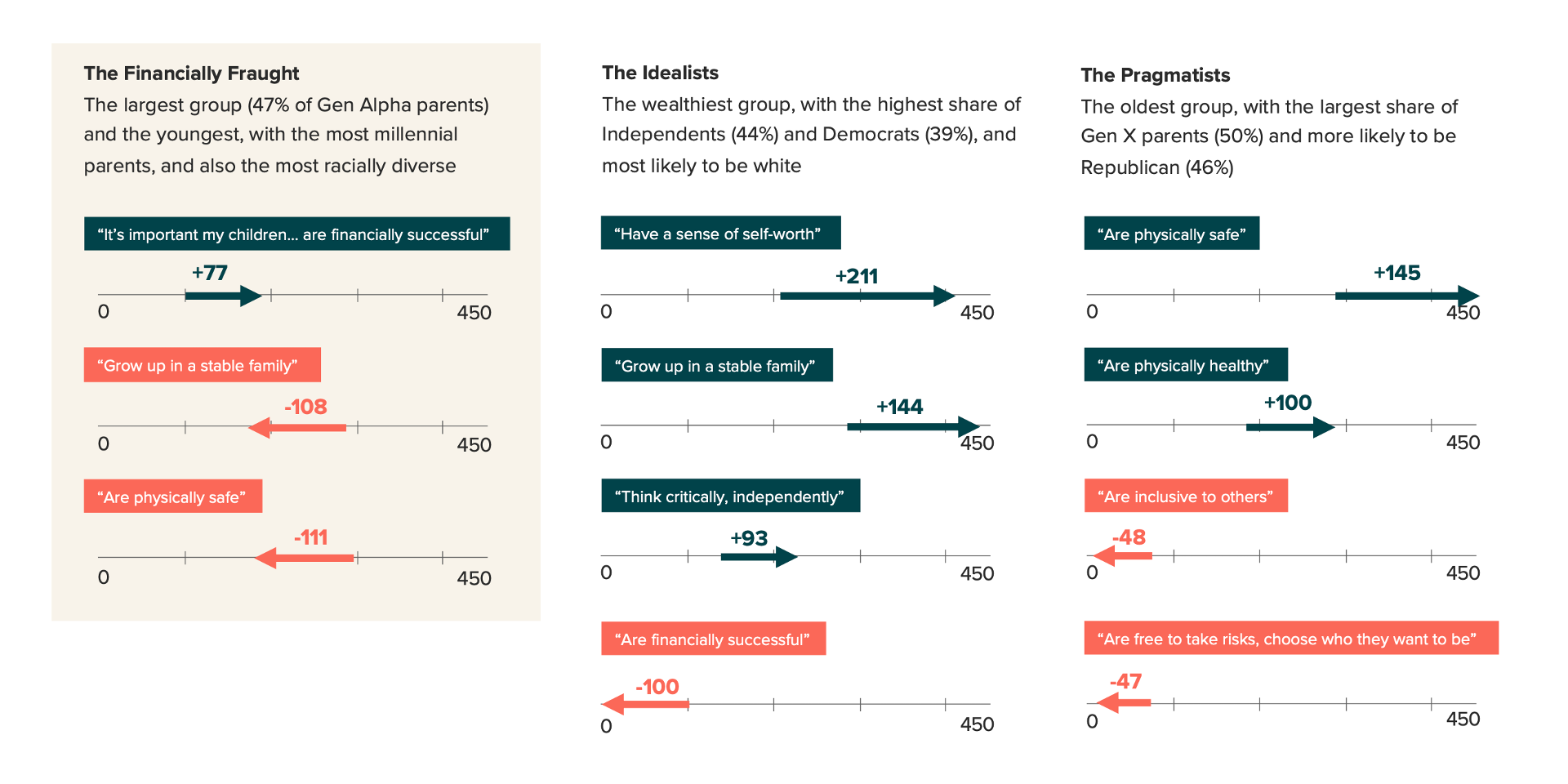Introducing Gen Alpha: Trends in Mental Health, Brands, Technology and More

Key Takeaways
37% of parents of Gen Alpha believe their children will be worse off than they were when it comes to mental health.
Call it the COVID effect: Mental health was the only attribute about which parents said their children would be worse, not better, off.
This is among the findings of an in-depth report on the next generation of consumers, which aims to help brands better understand Gen Alpha’s screen time, brand preferences, purchasing influence, financial future, healthy habits and travel plans.
For more insights on Gen Alpha, download the full report.
Gen Alpha will be better off than previous generations, except for their mental health.
That’s according to their parents, whom we surveyed for our latest report, A Brand’s Guide to Gen Alpha, to better understand the next generation of consumers.
Gen Alpha, ages 0-9, is being reared during the confluence of many once-in-a-lifetime events: historic inflation, a still unresolved pandemic and ongoing tech breakthroughs. All of these elements heavily influence how their parents raise them — and how this youngest generation views the world.
Below, we unpack four of our key takeaways from our latest report.
Parents believe Alphas will be better off than they were, but not in terms of mental health
Gen Alpha parents believe their children will be more fortunate than previous generations, with two important caveats: their mental health and, to some degree, physical health.

Parents were slightly more likely to say Alphas’ mental health will be worse off (37%) than better off (34%). We see a similar divide when asking about Alphas’ physical health, although they were slightly more likely to say the youngsters will be better off.
Much of this we can credit to COVID-19. The pandemic upended any “normal” childhood many Alphas could have, negatively impacting mental health development and putting a new focus on physical health.
That said, while the pandemic also strained social development, Gen Alpha parents didn’t report that much concern: 44% said their children will be better off in terms of communication and socialization than earlier generations, while 32% said the opposite. Perhaps some of this is because Gen Alpha is participating in, and in some cases building, online communities.
Most Alphas own a tablet, and their future points to virtual reality
Gen Alpha is the first completely digital generation. Their digital fluency comes with high rates of device ownership, screen time and online friendships.

Tablets are the most popular devices among Gen Alpha, owned at the same rate as older children, suggesting that larger handheld device screens and responsive apps will hold a more important place than they already do.
Around 1 in 10 Alphas (11%) own a VR headset, and 26% live in a household that has one. Many Gen Alpha children are growing up with VR — a potentially good sign for companies’ long-term metaverse plays.
Alphas spend the most time with smartphones, desktop computers and VR. While tablet ownership is the highest, VR headsets and desktop computers earn the most screen time. Nearly one-fifth (17%) of Gen Alpha parents whose children own VR headsets said their children use them more than seven hours a day, and 18% said the same for desktop computers.
All this time online is equating to strong online communities for Gen Alpha. About one-third (34%) of Alphas regularly socialize with their friends online through games or messaging apps, according to their parents.
Thanks to the prevalence of these communities, nearly one-quarter (24%) of Gen Alpha parents said their kids have friends they’ve met online whom they have never met in person, and around 2 in 5 (41%) also said that online games have had a positive impact on their children’s socialization.
Alphas are already influencing purchasing, especially for food and beverages
Gen Alpha already has strong brand affinity, especially when it comes to what they eat and what they watch. Just under half of the generation’s parents report that their kids ask for their favorite brands in these categories, often by age 7. Preferences for electronics, video games and restaurants emerge a bit later, closer to the 8-9 age range. Apparel brands take off around age 10 as kids approach the treacherous preteen years.

The drop in specific brand requests after age 13 doesn’t necessarily mean kids don’t have brand preferences at that age. Rather, teens start to have some of their own independent purchasing power and don’t need to ask their parents for specific brands — plus, their parents already know their established brand preferences.
Gen Alpha parents are financially preoccupied
Using a cluster analysis, we identified three unique groups of Gen Alpha parents based on what they said were the most important factors when thinking about raising their children. The largest group is dubbed “the financially fraught.”

This group makes up 47% of Gen Alpha parents, and because they’re the youngest group as well, we see them as an indication of where the group will move as Alphas continue to be born. Their average utility scores for the phrase “It’s important my children are financially successful” are higher than that of all Gen Alpha parents, indicating that they put more importance on their children’s financial success.
Correction: A previous version of the fourth chart misstated the numbers for the differences in average utility scores due to a version control error.
Email [email protected] to speak with a member of the Morning Consult team.